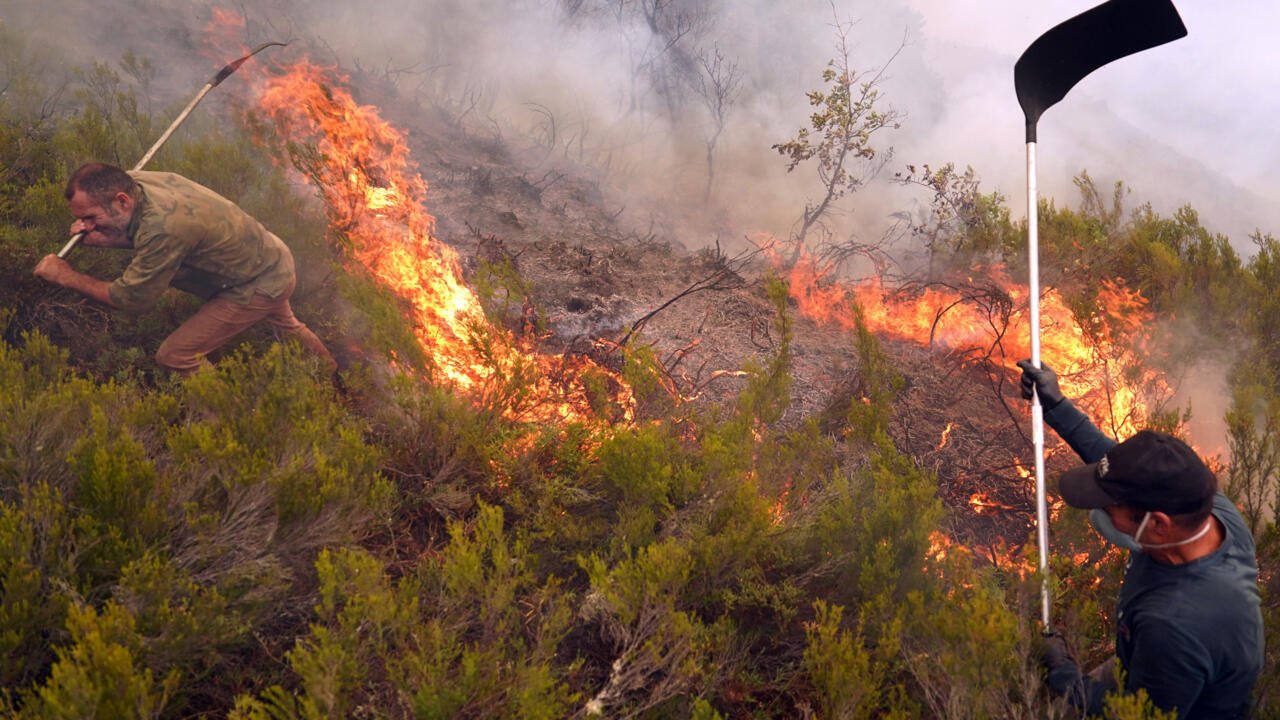Climate Change Made Iberian Wildfires 40 Times More Likely, Study Finds

MADRID — A new study has found that the extreme weather conditions behind this summer’s devastating Iberian wildfires were made 40 times more likely by climate change, underscoring the growing link between rising global temperatures and destructive fire seasons.
Record Heat and Widespread Fires
The World Weather Attribution (WWA) group released its findings Thursday, noting that the heat, dryness, and winds fueling Spain and Portugal’s fires were 30% more intense than preindustrial levels.
This year’s wildfires scorched over 640,000 hectares (1.58 million acres), roughly two-thirds of Europe’s total burned area in 2025. The blazes killed eight people, forced 35,000 evacuations, and destroyed farmland and forest areas.
Researchers pointed to Spain’s hottest ten-day stretch on record in August as a key factor in how quickly the flames spread.
Climate Change’s Role
WWA scientists said without human-caused climate change, conditions like those in August would be extremely rare, expected only once every 500 years.
“Hotter, drier and more flammable conditions are becoming more severe with climate change, and are giving rise to fires of unprecedented intensity,” explained Clair Barnes of Imperial College London.
The group emphasized that this was not a full attribution study but rather a rapid analysis of observational data, consistent with past research that found climate change makes Mediterranean fire seasons far more extreme.
Beyond Weather: Land Management Issues
The study also highlighted rural depopulation in Spain and Portugal as an added risk factor. Since the 1970s, large numbers of people have moved from countryside to cities, leaving behind overgrown farms and unmanaged forests that provide dangerous fuel for fires.
“Massive abandonment since the 1970s has allowed fine fuels to accumulate to dangerous levels, a problem worsened by inadequate forestry management,” said Ricardo Trigo of the University of Lisbon.
Experts suggest solutions such as controlled burns, expanded livestock grazing, and more proactive vegetation clearing to help reduce fire risks.
Government Response and Next Steps
In response, Spanish Prime Minister Pedro Sánchez proposed a 10-point disaster preparedness plan this week. The strategy aims to improve coordination with Portugal and France while strengthening national wildfire response systems.
European climate services also warn that the continent has been warming at twice the global average since the 1980s, making future summers even more vulnerable to extreme fire conditions.
The WWA study adds to growing evidence that climate change is reshaping natural disaster risks, especially in fire-prone regions like the Mediterranean. As policymakers push for stronger prevention measures, communities across Europe remain on edge about what future fire seasons could bring.
Stay with ChicagoMusicGuide.com for continuing coverage of global climate research, weather impacts, and environmental policy shifts.
